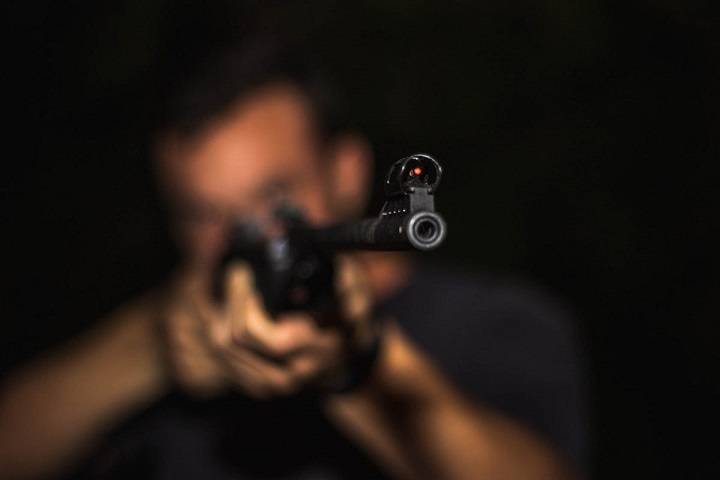When it comes to firearms and ballistics, one of the most frequently asked questions is, “How fast does a bullet travel?” The speed at which a bullet flies through the air is a critical factor in determining its effectiveness, accuracy, and even its lethality. In this comprehensive guide, we will delve into the world of ballistics and explore the factors that influence bullet velocity, the different types of ammunition, and the impact of velocity on shooting sports, self-defense, and military applications.
Understanding Bullet Velocity
Bullet velocity, often referred to as “muzzle velocity,” is the speed at which a bullet leaves the barrel of a firearm. It is typically measured in feet per second (fps) or meters per second (m/s). The velocity of a bullet is a fundamental aspect of ballistics and has a significant impact on its performance. Here are some key points to keep in mind:
Factors Influencing Bullet Velocity

The speed of a bullet is influenced by several factors, including:
- Firearm Type: Different firearms, such as rifles, handguns, and shotguns, have varying barrel lengths and internal ballistics, which affect bullet velocity.
- Ammunition Type: The type of ammunition used, including the caliber and powder charge, plays a crucial role in determining bullet velocity.
- Barrel Length: The length of the firearm’s barrel is a key factor, as longer barrels typically result in higher bullet velocities.
- Pressure and Powder: The amount and type of gunpowder used in the cartridge directly impact the bullet’s speed.
- Bullet Weight and Shape: The mass and aerodynamics of the bullet affect its ability to maintain velocity in flight.
Types of Ammunition
Ammunition comes in various forms, each with its unique characteristics and bullet velocities. Some common types include:
- Full Metal Jacket (FMJ): These bullets are designed for military use and often have high velocities, making them suitable for long-range shooting.
- Hollow Point (HP): HP bullets are commonly used for self-defense due to their ability to expand upon impact. Their velocity varies depending on the caliber and load.
- Shotgun Shells: Shotgun ammunition, containing multiple projectiles, has relatively lower velocities compared to rifle or pistol ammunition.
- Magnum Rounds: Magnum ammunition, available for handguns and rifles, offers higher velocities and increased stopping power.
The Impact of Bullet Velocity
Bullet velocity has several implications across various shooting disciplines:
Sporting and Competitive Shooting
- Long-Range Shooting: High-velocity bullets are essential for hitting targets at extended distances accurately.
- Recoil Management: In sports like competitive shooting, recoil management is easier with lower-velocity rounds, allowing for faster follow-up shots.
Self-Defense
- Stopping Power: In self-defense scenarios, higher-velocity ammunition can provide better stopping power and penetration, but it can also increase the risk of over-penetration.
- Personal Defense Ammunition: Specialized self-defense ammunition is designed to balance expansion and penetration, offering an effective compromise in terms of velocity.
Military and Law Enforcement
- Armor-Piercing Rounds: Military and law enforcement often use high-velocity armor-piercing rounds to penetrate armored targets.
- Suppressed Fire: Suppressors can lower bullet velocity, reducing the loudness of shots fired.
How to Measure Bullet Velocity
There are various methods to measure bullet velocity accurately:
- Chronograph: A chronograph is a device that records the speed of a bullet as it passes through two sensors, providing precise data.
- Barrel Length Consideration: Calculating bullet velocity is often based on the firearm’s barrel length and the type of ammunition used.
- Manufacturer’s Data: Ammunition manufacturers provide data on bullet velocity for specific loads.
In summary, the velocity of a bullet is a crucial factor in the world of firearms and ballistics. It is influenced by factors like firearm type, ammunition, barrel length, and powder charge. The type of ammunition used, whether for sporting, self-defense, or military purposes, also plays a significant role in determining bullet velocity. Understanding bullet velocity is essential for making informed decisions about firearm usage and ammunition selection. Whether you’re an enthusiast, a sport shooter, or someone concerned about personal safety, knowing how fast a bullet travels is a key aspect of responsible firearm use.


